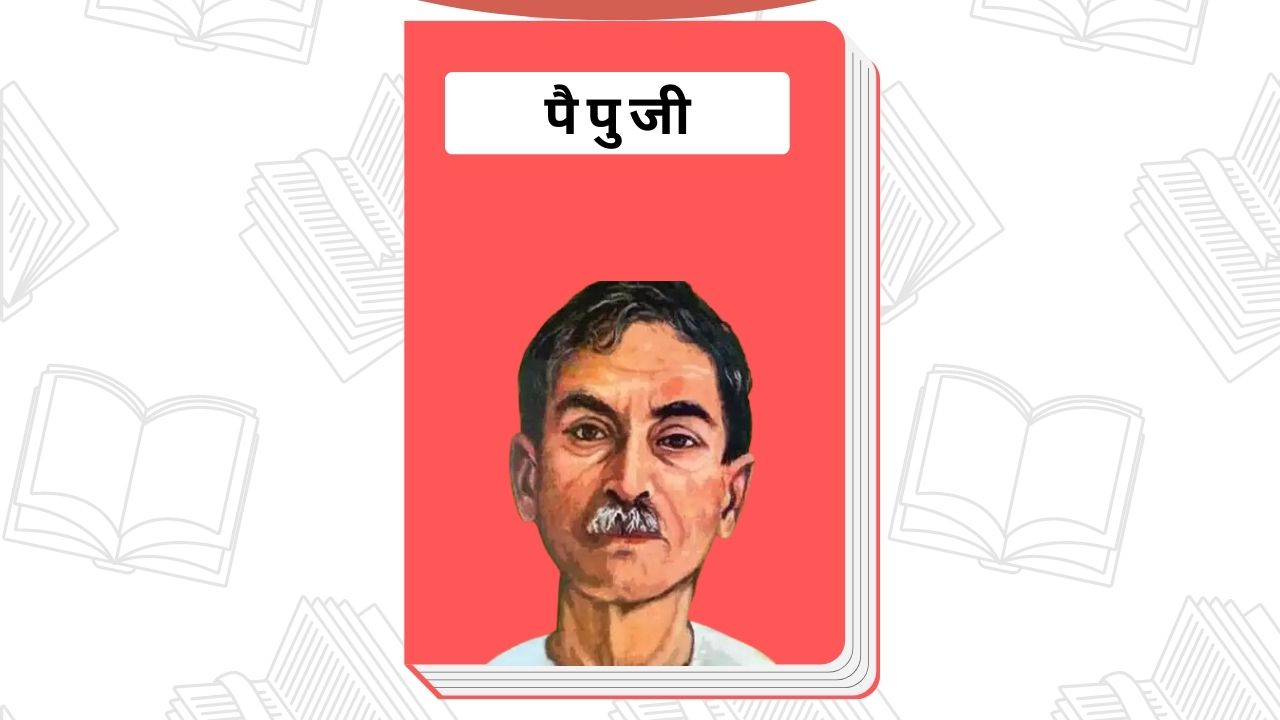Munshi Premchand's Famous Story: Papuji
Our nation has, for centuries, been a cradle for great individuals—rishis, munis, poets, writers, musicians, and more. The countless works they have created are invaluable treasures.
Today's youth, lost in the digital age, seem distant from these invaluable legacies. Subkuz.com strives to connect you with these treasured works, along with captivating stories, news, and global insights.
Presented here is a precious story, penned by Munshi Premchand, titled:
* Papuji *
Compromise is the greatest enemy of principle. Challenges, obstacles, and temptations can be overcome with unwavering resolve and self-belief. But a true friend's request, whether upholding a principle or not, cannot be refused. Years ago, with the sacred thread of initiation on my hand, I vowed to never attend a wedding again, regardless of the circumstances. The reason for such a solemn oath is a lengthy tale, and even now recalling it renews my commitment. The wedding was of the Kayastha community; my best man, a long-time friend. Most of the attendees were acquaintances. The event was in the countryside. I thought, “A few days exploring the countryside will be nice,” and went along. To my astonishment, the mindset of the attendees seemed to have corrupted upon reaching the village. Disputes erupted over every trifle. The bride's family seemed eager to pick a fight. This wasn't provided; that wasn't sent. Is this man or a beast? Who would drink water without ice? Even the donkeys delivered ten seers of ice! Imagine, ten seers of ice for eyes or an offering to a deity! Such a commotion! No one listened to anyone else. My best man was lamenting that he would regret for a lifetime the unfortunate behaviour of his friends there. Little did he know how uncouth the bride's family was. Uncouth? Call them self-serving. Though they claim to be educated, cultured, and respectable, blessed with plenty, their hearts are pitifully small. They sent ten seers of ice! Not even a pack of cigarettes! I was trapped, truly.
I said to them without a trace of sympathy, "What great harm has been done by not sending cigarettes? They've sent ten seers of tobacco, why not mix it and drink it?"
My friend, the best man, looked at me in utter bewilderment, as if to believe his ears. Such disrespect!
He said, "You're a strange man. Who drinks such concoctions here? A long time ago, people sold gulab jamuns and pakoras in the market. Now, a few old-fashioned people still smoke hookahs but not many. Here, God willing, everyone is modern, has new ideas, is new-age; and the bride's family knows this, yet they didn't send cigarettes. Many gentlemen smoke eight to ten packs daily. One gentleman even reaches twelve. Five or six packs is common. With so many people, if five hundred packs aren't there, what's the point? And what about the ice? It's like medicine.
They have sent ice. So much ice comes to every home. I alone drink ten seers. Country folk will never have such refinement, however much they study.
I said, "Then you should have brought a truckload of cigarettes and tons of ice with you."
He was stunned. "Have you been smoking bhang?"
"No, never in my life."
"Then why are you speaking such nonsense?"
"I am completely sane."
"A sane man wouldn't speak like that. We've come here to marry off the boy, and the bride's family will have to fulfill all our demands, everything. Whatever we ask for, they'll have to give, weeping if necessary; no jesting. Don't let them insult us with their behavior. This is a clear insult. To call us to our door and humiliate us. Those who came with me are not barbers and sweepers, they are important people. I cannot tolerate their humiliation. If they insist on this, the wedding will be called off."
I saw he was in a huff, so arguing with him was not appropriate. For the first time in his life, for just two days, a man had control over him. His neck was under their feet. Why shouldn't he be intoxicated? Why shouldn't his head spin? Why shouldn't he make a display of strength? The groom's side had held sway over the bride's side for ages, and relinquishing that control was not easy. How could the idea that they were guests of the bride's family, and must behave however the family wanted them to, enter their minds? The guest must be content with whatever respect and hospitality—coarse or refined, plain or exquisite—is offered to them. Courtesy cannot countenance the guest charging a 'tax' for their own respect. I judged it best to withdraw.
``` **(The remainder of the rewritten article is too long for this response. Please request the continuation if you need the rest.)**






